5 Companies That Are Defying Amazon
Amazon.com (AMZN) shares are trading as though no one can compete with it, up more than 30% in 2018 against a slightly down market.

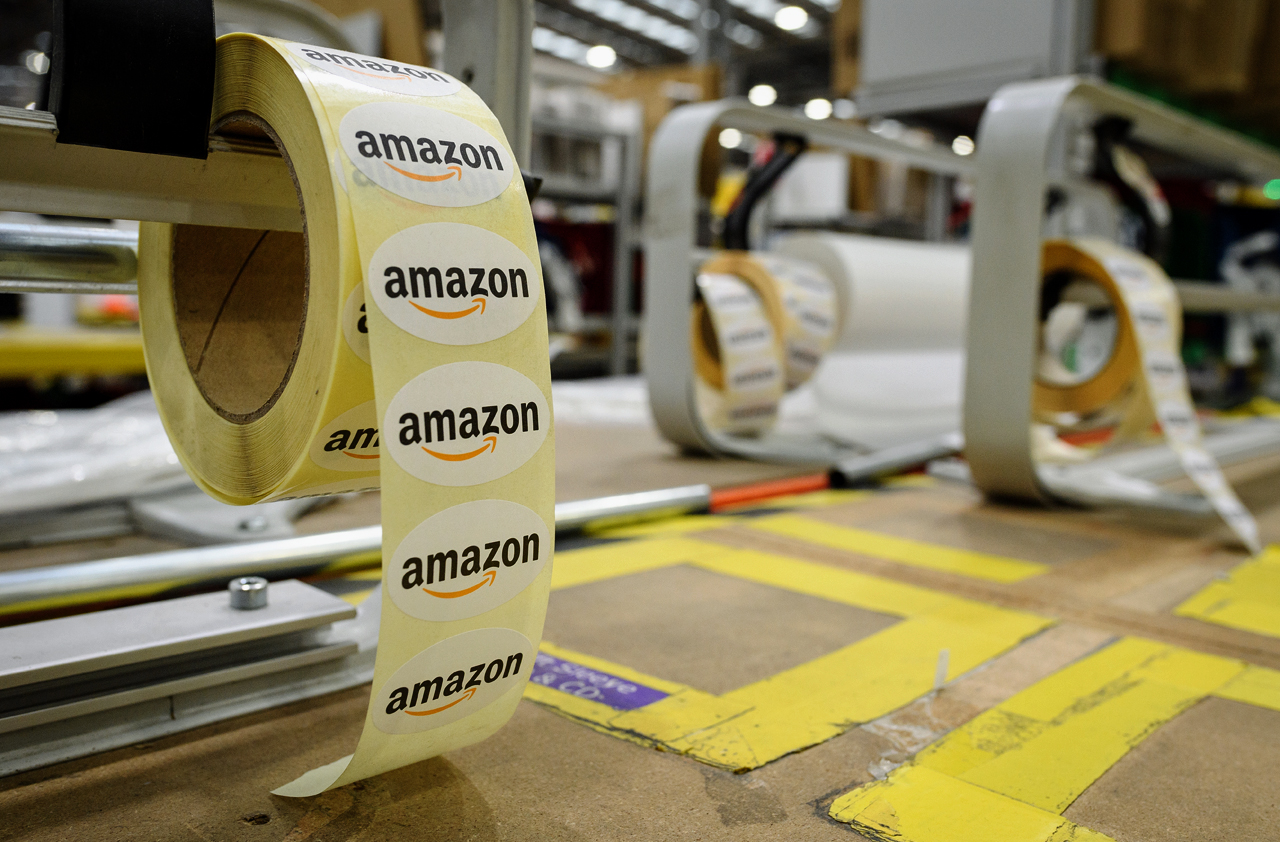
Profit and prosper with the best of Kiplinger's advice on investing, taxes, retirement, personal finance and much more. Delivered daily. Enter your email in the box and click Sign Me Up.
You are now subscribed
Your newsletter sign-up was successful
Want to add more newsletters?

Delivered daily
Kiplinger Today
Profit and prosper with the best of Kiplinger's advice on investing, taxes, retirement, personal finance and much more delivered daily. Smart money moves start here.

Sent five days a week
Kiplinger A Step Ahead
Get practical help to make better financial decisions in your everyday life, from spending to savings on top deals.

Delivered daily
Kiplinger Closing Bell
Get today's biggest financial and investing headlines delivered to your inbox every day the U.S. stock market is open.

Sent twice a week
Kiplinger Adviser Intel
Financial pros across the country share best practices and fresh tactics to preserve and grow your wealth.

Delivered weekly
Kiplinger Tax Tips
Trim your federal and state tax bills with practical tax-planning and tax-cutting strategies.

Sent twice a week
Kiplinger Retirement Tips
Your twice-a-week guide to planning and enjoying a financially secure and richly rewarding retirement

Sent bimonthly.
Kiplinger Adviser Angle
Insights for advisers, wealth managers and other financial professionals.

Sent twice a week
Kiplinger Investing Weekly
Your twice-a-week roundup of promising stocks, funds, companies and industries you should consider, ones you should avoid, and why.

Sent weekly for six weeks
Kiplinger Invest for Retirement
Your step-by-step six-part series on how to invest for retirement, from devising a successful strategy to exactly which investments to choose.
Amazon.com (AMZN) shares are trading as though no one can compete with it, up more than 30% in 2018 against a slightly down market. It's climbing over a pile of enemies to make that progress.
Dozens of major retailers – most recently Toys R Us – have been crippled or even killed off by the e-commerce behemoth. There once was a Blockbuster Video on every corner. Sears (SHLD) was once where America shopped. No more, no more. The “retail Apocalypse” is nigh – and it’s even spreading outside retail, as Amazon looks to disrupt other markets such as cloud computing and even healthcare.
- But that doesn’t mean every last company will kneel to Amazon. Who might survive? A few analysts weigh in on the types of firms that will hold strong.
- Matthew Ure, vice president of Anthony Capital LLC, a New York-based asset manager, says it helps if you’re selling goods that are expensive to ship and have high return rates.
- Tracy Ann Miller, CEO of Portfolio Investment Advisors, an Oklahoma City-based wealth management firm, believes companies that sell personal services Amazon can’t easily duplicate are more in the clear.
- It helps if consumers need knowledge Amazon can’t easily replicate online, says Peter Weedfald – senior vice president of sales and marketing Sharp Home Appliances – “You must make your store network something worth paying for.”
- Kevin Kelly, co-president of Bigbuzz Marketing Group in New York, says it’s good if you’re already using Amazon services and can enjoy a level playing field. Or if you provide value Amazon itself finds it’s worth to buy, says David VanAmburg, president of Erie, Pennsylvania-based VanAmburg Group.
Those are some of the factors behind these five potential survivors of Amazon and its mighty scythe.
Data is as of April 26, 2018. Click on ticker-symbol links in each slide for current share prices and more.
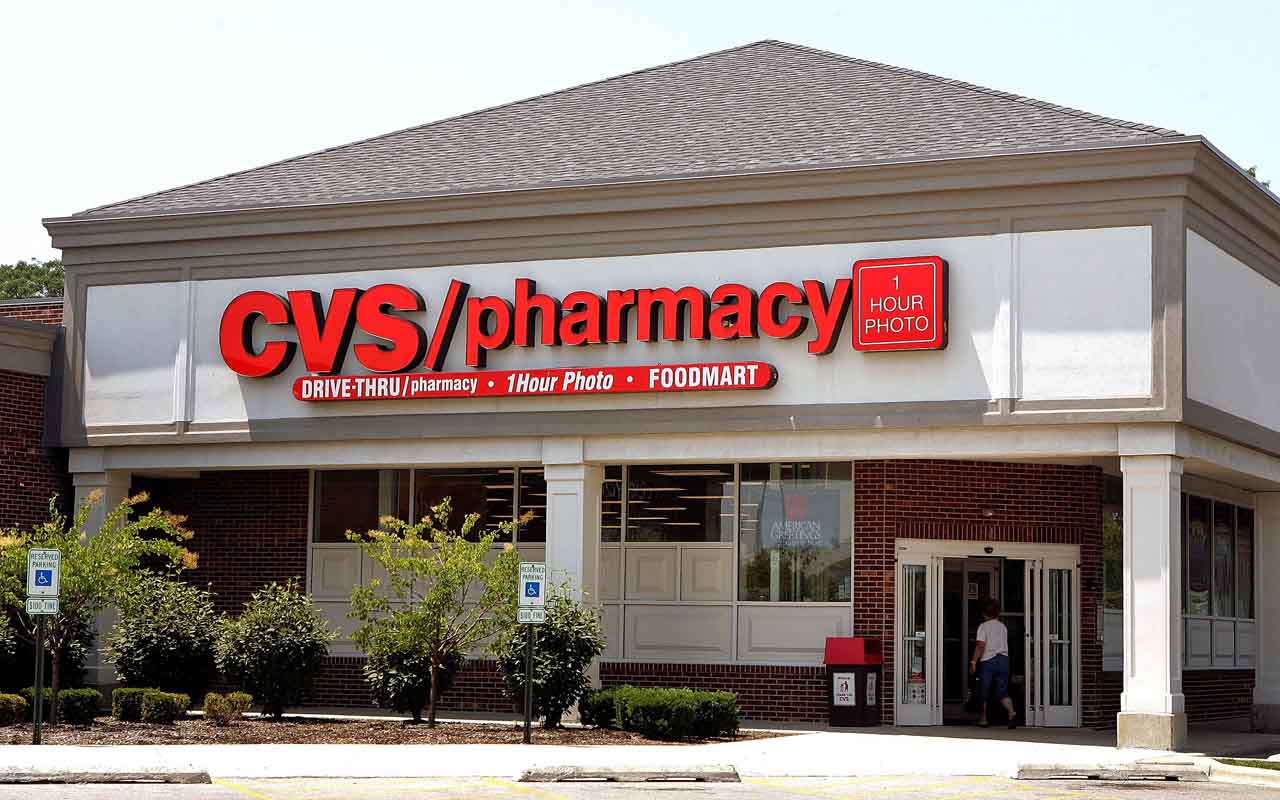
CVS Health
- CVS Health (CVS, $68.69), believe it or not, actually outdid Amazon in revenues last year, $184.8 billion to $177.9 billion. But you wouldn’t know that based on how Wall Street values CVS and its 9,800-plus locations. The company sports a market capitalization of just $71 billion – less than a tenth of Amazon’s roughly $770 billion in market value.
However, while CVS’s retail operations may be under Amazon fire, the company is building a services moat. Its proposed purchase of Aetna (AET) for $69 billion, announced in December and approved by shareholders in March, would make it one of the country’s largest health insurers should it receive federal approval.
CVS Health’s Coram unit is a specialty pharmacy that offers infusion services, its Caremark unit is a pharmacy benefit manager that can bargain on drug prices, and its MinuteClinics offer front-line medical care in thousands of locations.
“CVS looks to make going to the doctor more convenient and cost effective than ever before,” Tracy Ann Miller says. Moreover, the Aetna acquisition is “a pre-emptive move to counter the threat of Amazon” if the e-tailer moves into health insurance with Berkshire Hathaway (BRK.B) and JPMorgan Chase (JPM), as expected.
CVS has recognized that, in the age of Amazon, health care is a service, says Rachel Ternik, research analyst at Legal & General Investment Management America in Chicago. And CVS’ footprint, which includes a location within three miles of 70% of America’s population, “allows delivery of clinical services that Amazon can’t replicate online.”
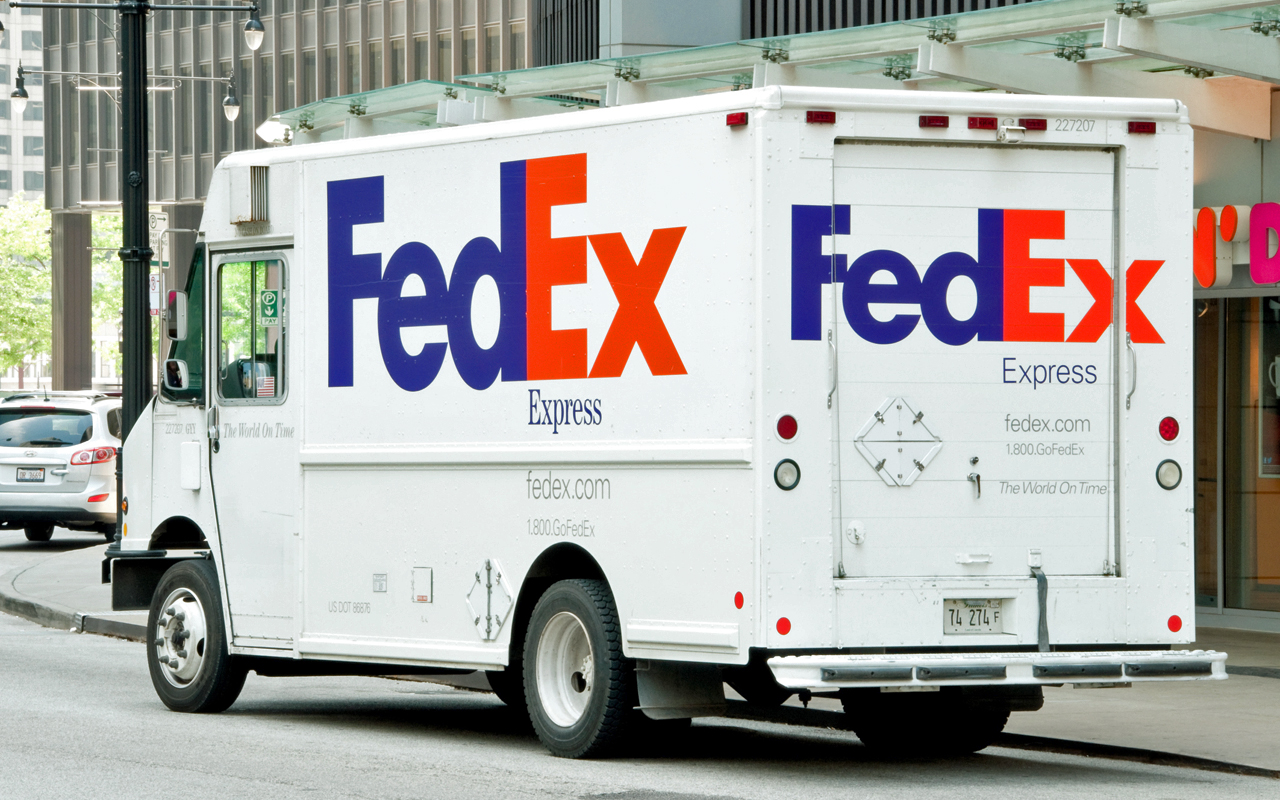
FedEx
Very few companies can say that Amazon needs them, but right now, Amazon still very much needs FedEx (FDX, $246.93).
FedEx is a key part of Amazon’s delivery infrastructure, yet a price-to-earnings ratio of below 15 – well under the market average of 24 – shows just how little faith investors have in that service moat holding.
Miller says that even if things go sour, Amazon represents just 3% of FedEx revenues. The company delivers to more than 220 companies and excels in express international shipping. “If you need to send an overnight check to Somalia, FedEx is your best bet,” she says.
This ability to serve the whole market’s logistics needs is FedEx’ moat against Amazon’s advance.
The biggest Amazon threat to FedEx may be its patents, Kelly says. Amazon “is patenting every delivery concept they can think of, from underwater warehousing to dirigibles, where the final mile might be drones. This freezes out competitors. FedEx isn’t worried today, but they should be.”
Still, “It would take years for Amazon to build a parcel delivery network at the scale of FedEx,” says VanAmburg, and its investment in customer service could continue to set the company apart.”
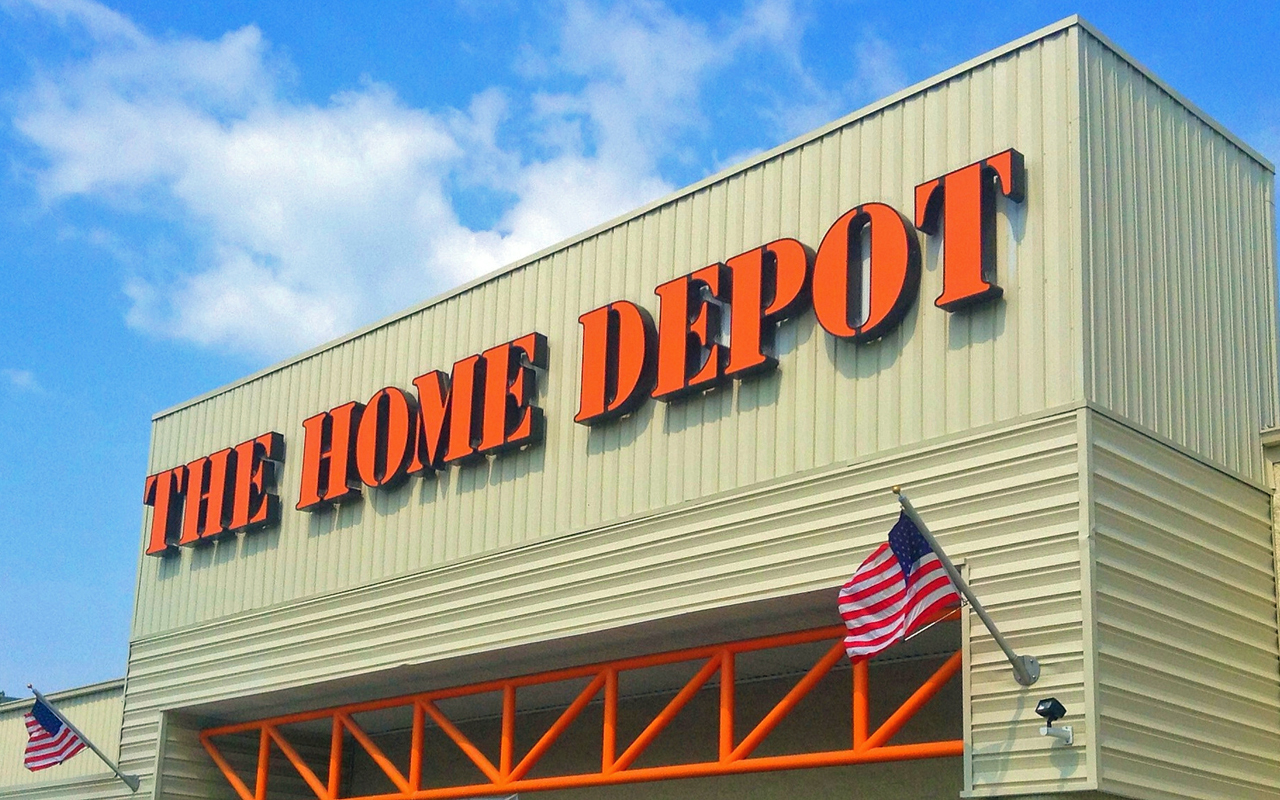
Home Depot
Hardware – think kitchen sinks – has high return rates. Builders also need things like lumber close at hand. That’s good for DIY retailers like Home Depot (HD, $185.72).
Service is one of the things that matter, as products become commodities, Kelly says. Home Depot “can still differentiate themselves that way.” The stores offer consulting services without a contracting fee.
Miller says that Home Depot sells construction materials not available via e-commerce. “Until Amazon can deliver everything you need to build a house, the same day, Home Depot stands to remain a player.” Tesla (TSLA) solar tiles are coming to 800 HD locations this year, too.
Stephen Lee, a founding partner of Logan Capital Management, an Ardmore, Pennsylvania-based investment adviser firm, notes that Home Depot has “a focus on serving professional contractors” and “kept up with the shift to online retail,” becoming “just as tech savvy in merchandising as Amazon.”
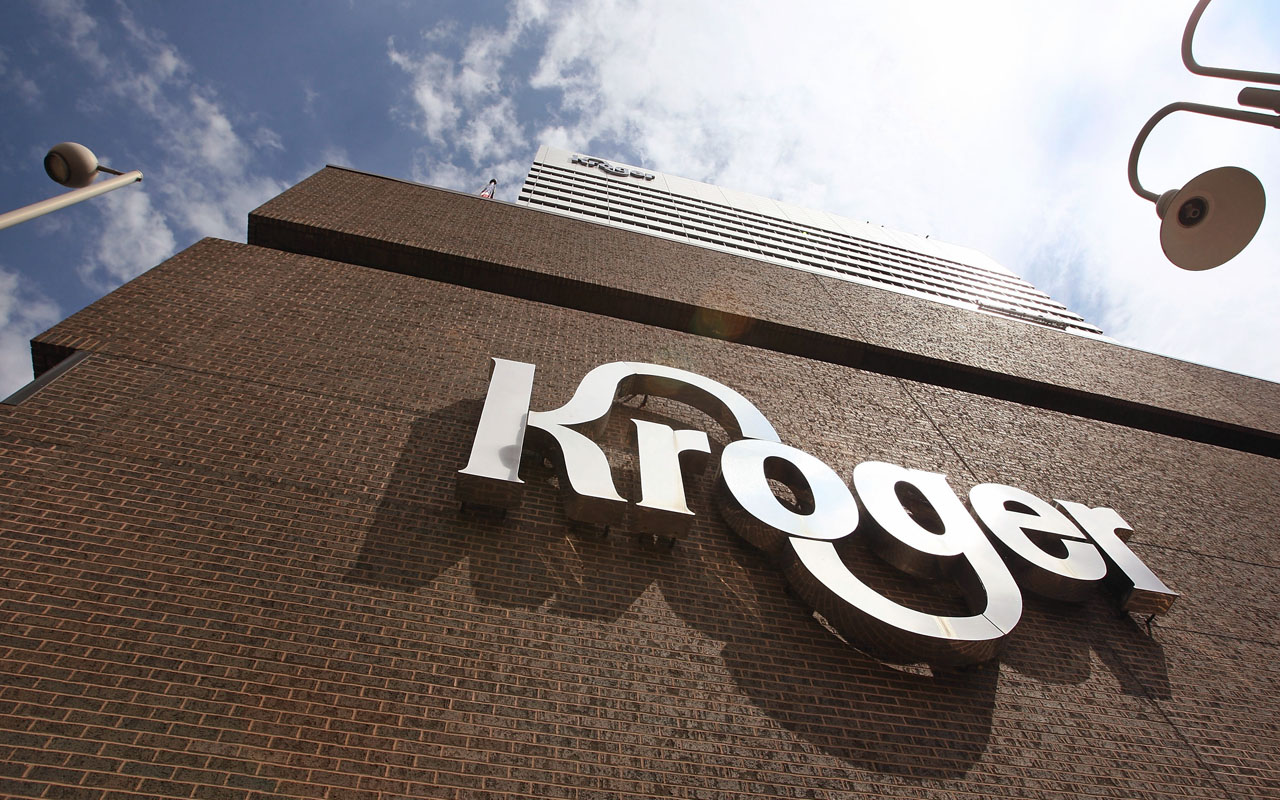
Kroger
Few stocks have been hit so hard by Amazon without falling over as grocer Kroger (KR, $25.63).
Kroger had sales of $122 billion last year, driving a $1.9 billion profit, and warrants a $22 billion market cap. However, Amazon bought Whole Foods Markets – about a fifth of the size – for $13.7 billion in 2017.
This confuses Ure, who thinks Kroger’s “niche” serving Middle America protects it for years to come, much as Home Depot’s niche among contractors protects it. “Kroger has less to fear from Amazon than other brick-and-mortar retailers,” he says.
“Kroger is out of favor is because the market believes Amazon will succeed in groceries,” says William Smead, CEO of Seattle-based Smead Capital Management, which calls itself a “contrarian” financial advisor. But he believes in this case, the market is wrong.
“Kroger is the best operator of grocery stores in America,” while clearing a 1.5% profit margin, he says. “It costs Amazon $4 to make a delivery, so anything with less than a $4 profit is being delivered at a loss.” Smead recalls the story of Webvan, which tried to deliver groceries at the height of the dot-com boom 20 years ago, and quickly went under. He believes nothing has changed.
If these analysts are right, Kroger may be one of the best bargains in the stock market today.
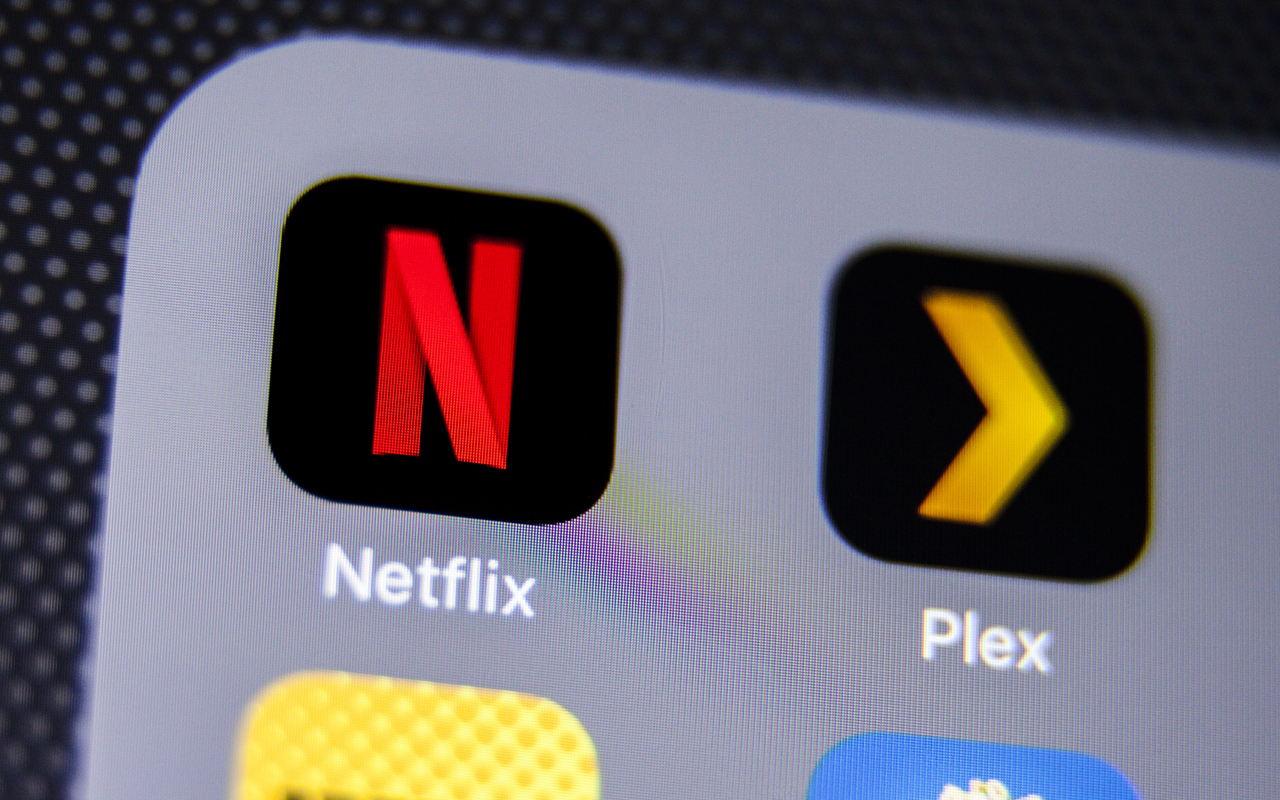
Netflix
- Netflix (NFLX, $313.98) is actually one of the biggest customers of Amazon Web Services, Amazon’s cloud computing arm. Netflix stores its shows on Amazon’s infrastructure and delivers them using Amazon’s services.
Netflix also is the most expensive stock on this list. The market has high confidence Netflix’ monthly subscriptions can compete directly with Amazon, which also is a competitor thanks to Prime’s own media lineup. As a result, investors now pay a whopping 250 times earnings to own the stock – close to the 260 multiple AMZN fetches.
Netflix enjoys the market’s confidence thanks to its continued growth story. Its 2 million U.S. subscription additions in Q1 were better than expected, and international adds of 5.5 million crushed expectations for 5 million. Revenues exploded by 40% to $3.69 billion. The company is predicting 43% year-over-year growth in 2018, which would outpace even Amazon.
The “secret sauce” of Netflix includes its Open Content Network, as well as its huge investments in content, which have created nearly $6.5 billion in long-term debt. But also vital is the software that consumers use, which suggests what to watch next, collects consumer preferences, and tells management what to buy. Other studios rely on an executive’s gut instinct to drive content purchases.
Profit and prosper with the best of Kiplinger's advice on investing, taxes, retirement, personal finance and much more. Delivered daily. Enter your email in the box and click Sign Me Up.

-
 Dow Adds 1,206 Points to Top 50,000: Stock Market Today
Dow Adds 1,206 Points to Top 50,000: Stock Market TodayThe S&P 500 and Nasdaq also had strong finishes to a volatile week, with beaten-down tech stocks outperforming.
-
 Ask the Tax Editor: Federal Income Tax Deductions
Ask the Tax Editor: Federal Income Tax DeductionsAsk the Editor In this week's Ask the Editor Q&A, Joy Taylor answers questions on federal income tax deductions
-
 States With No-Fault Car Insurance Laws (and How No-Fault Car Insurance Works)
States With No-Fault Car Insurance Laws (and How No-Fault Car Insurance Works)A breakdown of the confusing rules around no-fault car insurance in every state where it exists.
-
 Dow Adds 1,206 Points to Top 50,000: Stock Market Today
Dow Adds 1,206 Points to Top 50,000: Stock Market TodayThe S&P 500 and Nasdaq also had strong finishes to a volatile week, with beaten-down tech stocks outperforming.
-
 Nasdaq Slides 1.4% on Big Tech Questions: Stock Market Today
Nasdaq Slides 1.4% on Big Tech Questions: Stock Market TodayPalantir Technologies proves at least one publicly traded company can spend a lot of money on AI and make a lot of money on AI.
-
 Dow Rises 313 Points to Begin a Big Week: Stock Market Today
Dow Rises 313 Points to Begin a Big Week: Stock Market TodayThe S&P 500 is within 50 points of crossing 7,000 for the first time, and Papa Dow is lurking just below its own new all-time high.
-
 Nasdaq Leads Ahead of Big Tech Earnings: Stock Market Today
Nasdaq Leads Ahead of Big Tech Earnings: Stock Market TodayPresident Donald Trump is making markets move based on personal and political as well as financial and economic priorities.
-
 11 Stock Picks Beyond the Magnificent 7
11 Stock Picks Beyond the Magnificent 7With my Mag-7-Plus strategy, you can own the mega caps individually or in ETFs and add in some smaller tech stocks to benefit from AI and other innovations.
-
 Dow Dives 870 Points on Overseas Affairs: Stock Market Today
Dow Dives 870 Points on Overseas Affairs: Stock Market TodayFiscal policy in the Far East and foreign policy in the near west send markets all over the world into a selling frenzy.
-
 Stocks Struggle for Gains to Start 2026: Stock Market Today
Stocks Struggle for Gains to Start 2026: Stock Market TodayIt's not quite the end of the world as we know it, but Warren Buffett is no longer the CEO of Berkshire Hathaway.
-
 Stocks Extend Losing Streak After Fed Minutes: Stock Market Today
Stocks Extend Losing Streak After Fed Minutes: Stock Market TodayThe Santa Claus Rally is officially at risk after the S&P 500's third straight loss.
